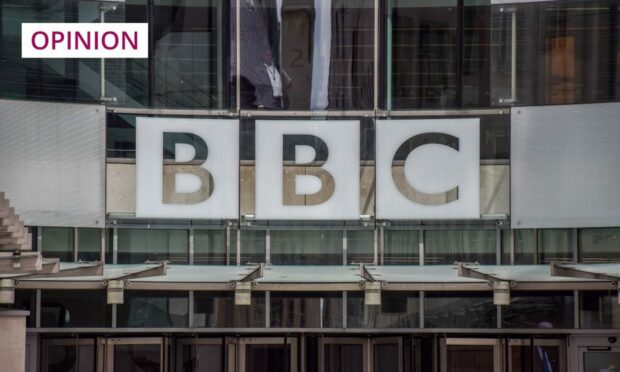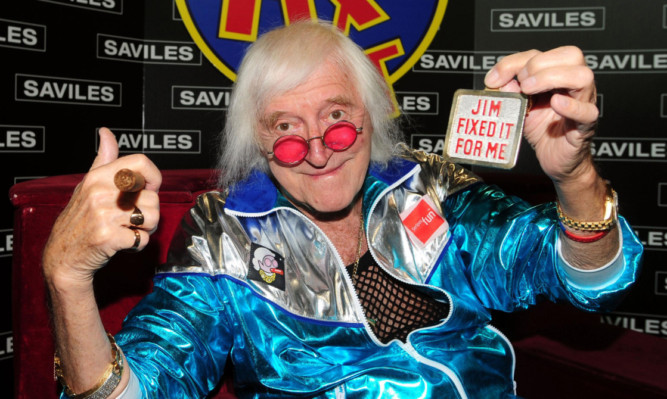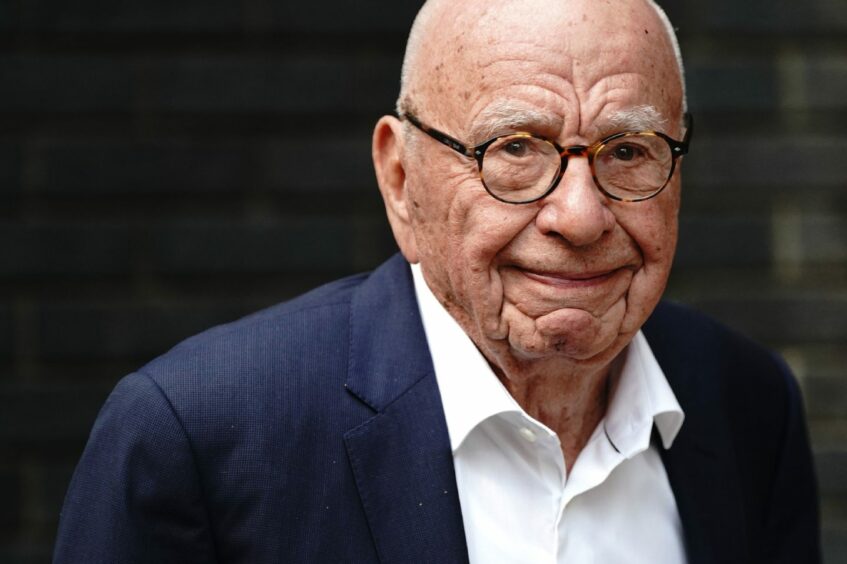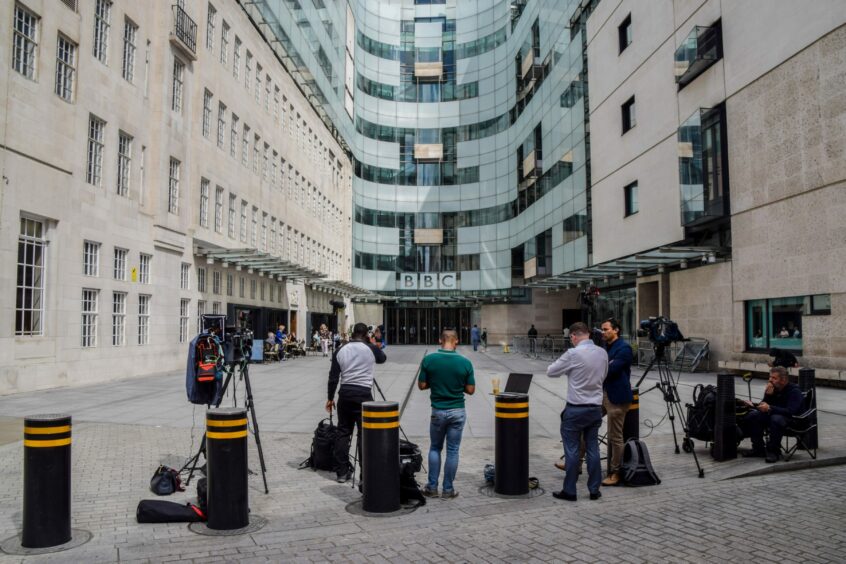My old employer, the BBC, is less nimble than a tap dancer in clogs when it comes to handling bad news stories affecting in-house workings.
The fact it has taken them seven weeks to speak to the unnamed presenter at the centre of allegations that he paid a teenager for sexually explicit images makes them look like a sloth on its day off.
Now the police have asked them to pause their internal investigation while they conduct their own inquiries.
It, at least, gives the Corporation an opportunity to reassess its in-house procedures, which look ponderously complacent in the wake of the current claim.
But the BBC’s reputation is still scarred by the Jimmy Savile scandal, after it emerged the former star had spent much of his career pursuing his perverted activities, amid claims of a cover up.
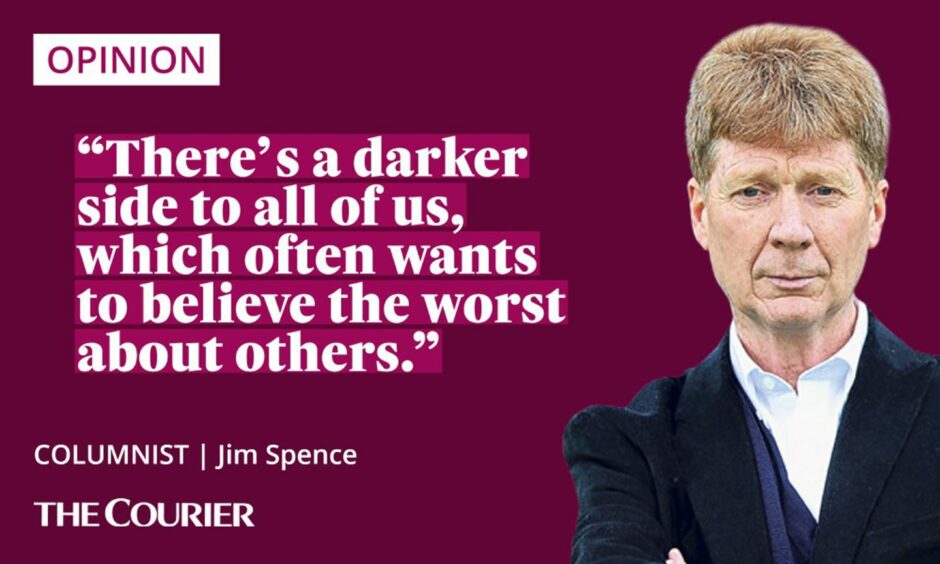
As an employer they owe the unnamed presenter a duty of care for his privacy.
They must also pay due attention to any impact on his mental health and wellbeing.
And that has to be balanced by a robust filtering process, to establish which complaints are credible and potentially criminal and those which are time-wasting.
BBC presenter scandal highlights wider concerns
There is also a duty to ensure fairness for the complainer, as well as the young person involved in the allegations, who intriguingly now appears to be denying through a lawyer that anything untoward went on at all.
And until the police got involved in the case, there was also the matter of the public interest to weigh up, as to how much could and should be divulged.
But there is already a whiff of the Salem witch trials about the case.
And while mainstream media outlets haven’t named the presenter, in a world where nothing escapes the microscope of social media, various names have been bandied about freely.
The fact that it was Rupert Murdoch’s Sun newspaper which ran the story and that there’s little love lost between the BBC and his organisation, adds fuel to the fire-fighting which the broadcaster now has to do.
And irrespective of the eventual outcome of the matter there’s also a wider point at issue here about the kind of society we’re in danger of becoming.
‘No smoke without fire’? Dark truth behind BBC presenter accusations
I’m increasingly concerned about folk making false and vexatious accusations.
I take the view that such individuals should suffer exactly the same fate that they want for those they wrongly accuse or defame.
I’m also a big supporter of tougher laws to hammer social media sites and others who allow wrongful accusations to be published.
Currently it’s an unnamed BBC presenter at the middle of these unproven allegations. But that has led to a bonfire of spurious names being thrown around as to the true identity.
As the old adage says: ‘a lie is halfway around the world before the truth has its boots on’.
And the potential damage to innocent parties in a situation like this is incalculable.
The desire to believe there’s no smoke without fire – even when there’s very often not a trace of fumes – is one of the least edifying features of humanity.
There’s a darker side to all of us, which often wants to believe the worst about others.
Yet there are many reasons why people make allegations.
It can be a mistake as to another’s actual or real intentions, or a misreading of innocent words or actions.
It can also stem from much baser and more complex motives, from the malicious to mental illness, or even seeking to financially profit from false and unfounded allegations.
But a dangerous climate is festering. And it needs to be tempered carefully lest it becomes a raging bonfire which consumes us all.
